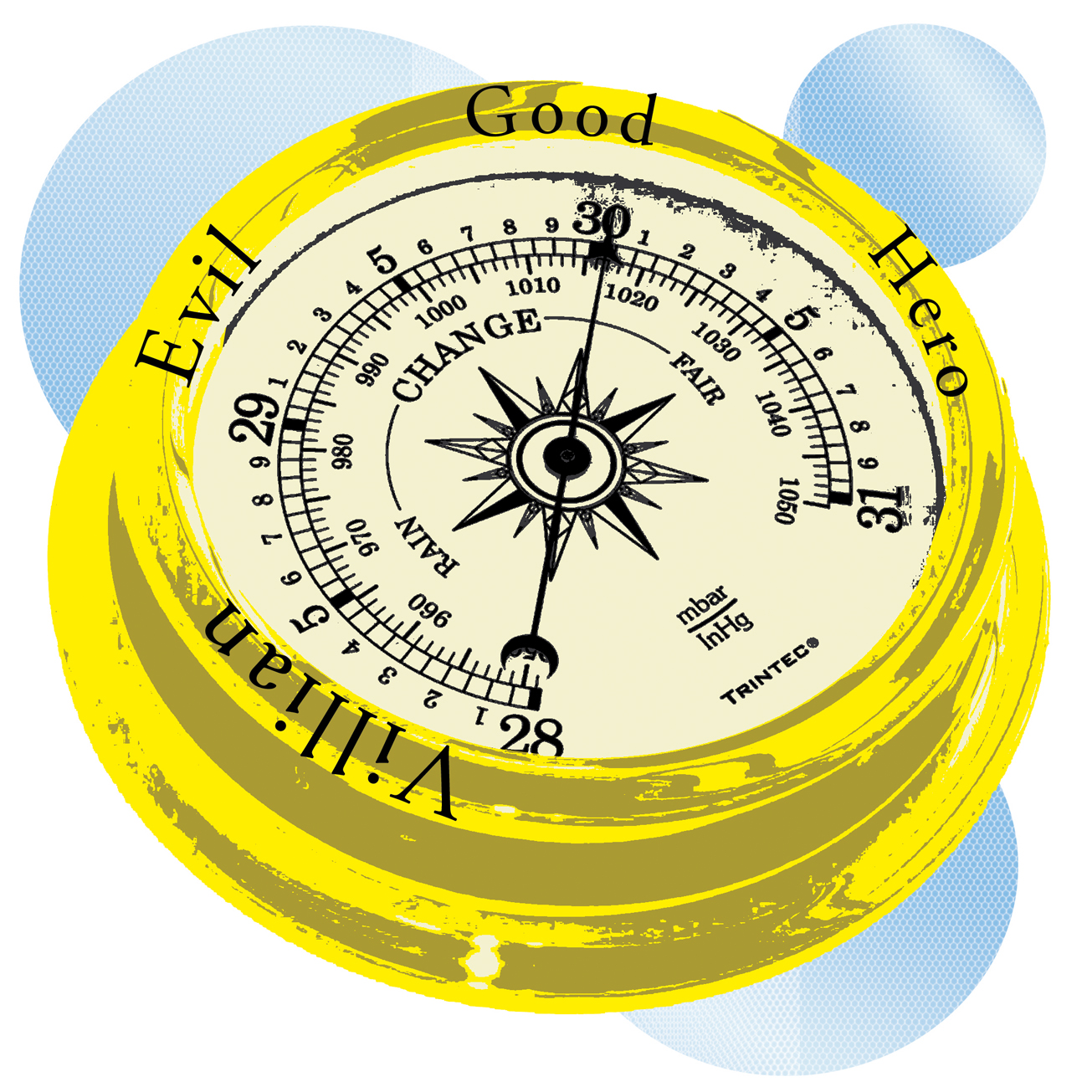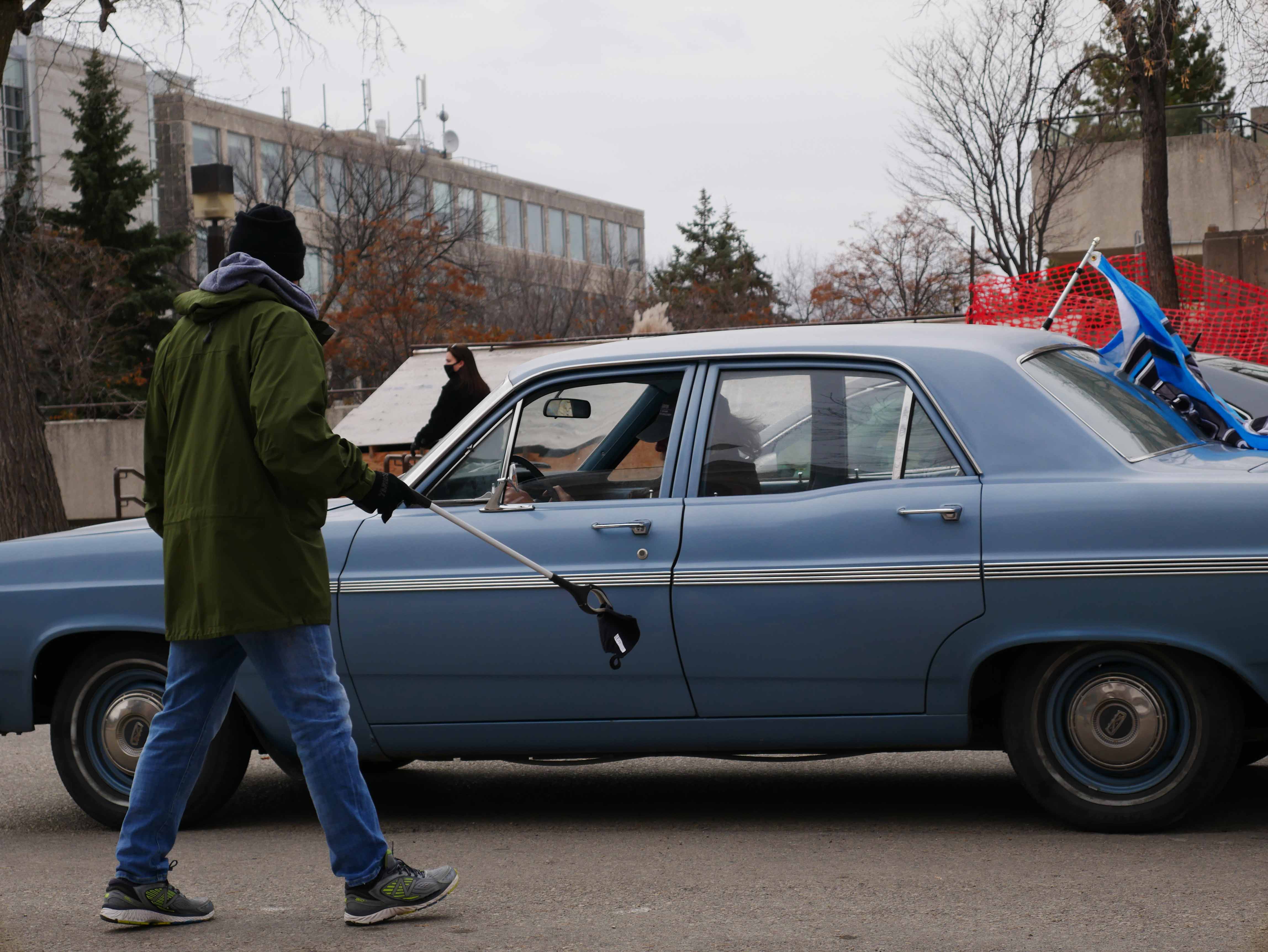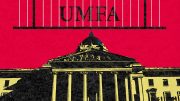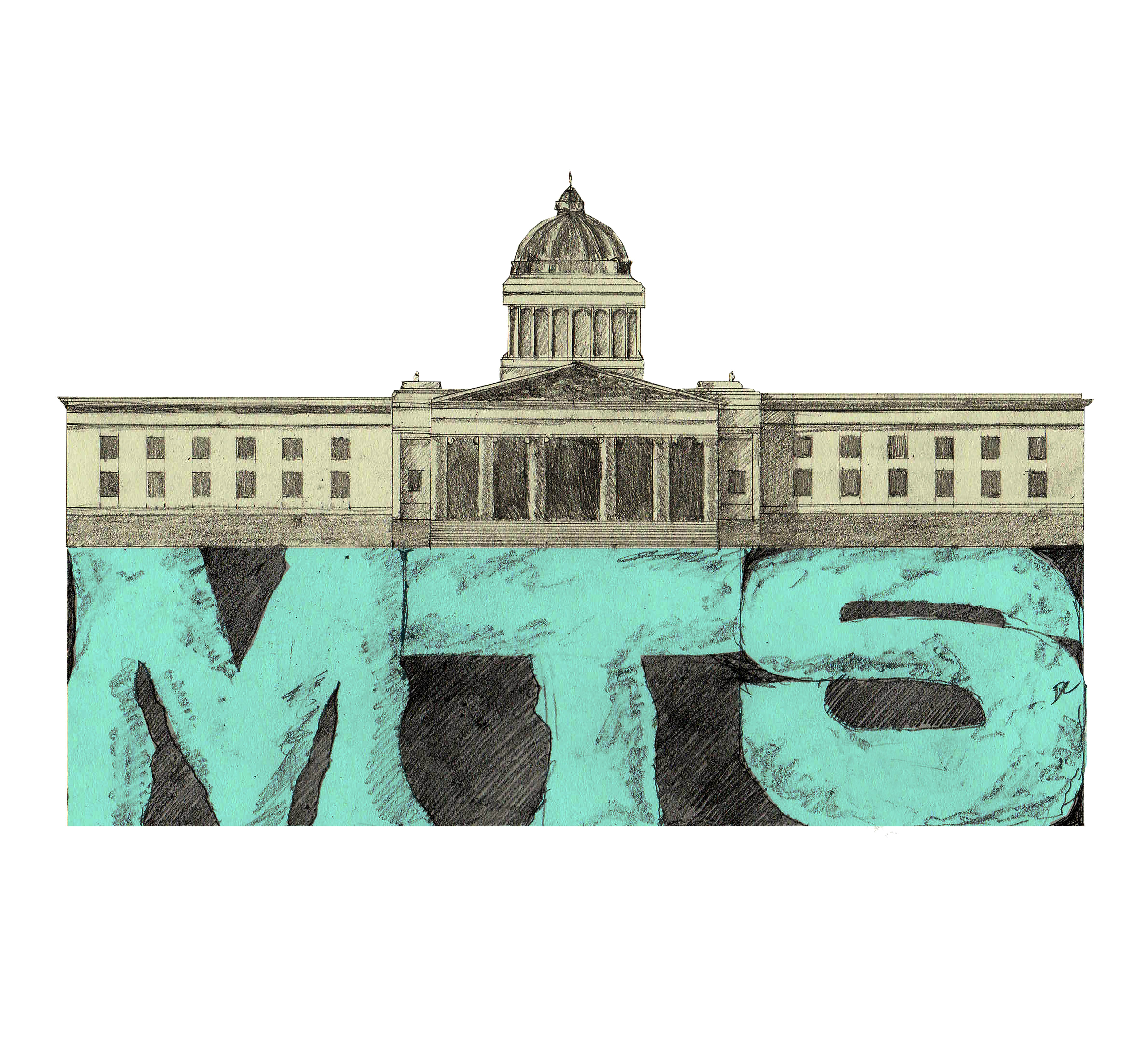Superman never made any money, for saving the world from Solomon Grundy,” in other words: Superman is a pretty nice guy. He is a selfless person who protects the Earth by fighting evil. So what constitutes heroism in the realm of reality? For the sake of argument let us take three people who are considered heroes — or at least people I consider to be heroic or possess heroic qualities. Let’s take Lieutenant-General Roméo Dallaire, Mohandas Gandhi and my personal favorite: Louis Riel. I apologize for not picking any women; these were the first three examples that popped into my head. But I digress.
Why are these men considered heroes?
Roméo Dallaire is said to have saved roughly 32,000 lives during the 1993 Rwandan Genocide. He was one of the few who realized what was happening and took measures to prevent what harm he could with limited resources at his disposal. I suppose one could argue that Dallaire was merely doing his job, but does that make him any less heroic? His actions were taken in the face of inaction from UN countries — sure Dallaire was doing his job, but he did it when others refused to do theirs.
Mohandas Gandhi was a pioneer of the non-violent protest and a fighter for civil liberties. In South Africa he protested against a bill proposed by the British Empire that would deny Indians the right to vote. In India, Gandhi embodied numerous causes including Indian independence from Britain and the emancipation of women. The actions of Gandhi are heroic because they were against a force that could be deemed evil, though I suppose “oppressive and small minded” might be a little more contemporary. This sounds awfully close to the description of Superman, someone who selflessly fights against things that are inherently bad.
Let’s look at my final example: Louis Riel. I’d like to think everyone reading this has at least heard of Riel but, for those who don’t know who he is, I’ll give you the cliff notes version:
Louis Riel was a Métis who fought in 1870 for Métis and First Nations rights when the Hudson’s Bay Company and the Government of Canada were discussing the transfer of Rupert’s Land and the Red River settlement (Winnipeg) into government hands. He and his provisional government, also constituted of English and French settlers, formed the basis of what is today Manitoba. He was exiled for this, but later returned to Canada and nearly repeated the events of the Red River Resistance in Batoche, Saskatchewan in 1885. Shortly thereafter he was hanged for treason. Riel wanted land distribution to be fair and moderated, as well as representation in the political arena; he twice stood up to the government of Canada on behalf of the Métis and First Nations when the government would not acknowledge their existence, rights or land claims.
It’s evident that these men didn’t possess superhuman characteristics, or, perform superhuman acts — they were just ordinary people. What does their heroism say about the world they lived in? What necessitated their heroic acts? Are heroes a barometer for how well or not so well society is doing? However, the main question I wish to pose is: If we held each other and ourselves to a higher standard, would there be any need for heroes at all? Clark Kent could always fall back on his job at the Daily Planet.





